- Home | Industry Update | Interest Rate Squeeze On Indian Textiles...
Interest Rate Squeeze On Indian Textiles

The Indian textile industry is facing a challenging environment due to the country's current high-interest rates. This is significantly impacting exporters, according to a senior government official.
The Director General of Foreign Trade (DGFT) has voiced concerns about the Commerce Ministry's struggle to convince the Finance Ministry of the critical importance of the Interest Equalization Scheme (IES) in ensuring the competitiveness of Indian textile manufacturers. The IES is a crucial program that helps exporters by offsetting a portion of their borrowing costs.
The Indian textile industry faces several challenges in its quest for global competitiveness. One major hurdle is the limited support for the Interest Equalization Scheme (IES). This government program offers subsidized interest rates on loans to exporters, making their products more price-competitive in the international market. However, the Finance Ministry has been reluctant to fully endorse the IES, hindering its effectiveness.
Another significant barrier for the sector, particularly for Micro, Small, and Medium Enterprises (MSMEs), is the high demand for collateral by financial institutions. This stringent requirement severely restricts their access to institutional finance. Without adequate funding, MSMEs cannot expand their operations, invest in modern technology, or effectively penetrate the export market.
The government is actively engaged in discussions with the Finance Ministry to address these concerns. The aim is to find solutions that will improve access to finance for textile exporters, particularly MSMEs, and bolster the growth of India's textile exports in the global market.
11:01 AM, Dec 27
Source : Interest Rate Squeeze On Indian Textiles
Other Related Topics
.webp)
US–Bangladesh Tariff Pact Brings Fresh Momentum to Garment Exports
04:08 PM, Feb 10
Industry Update

Kolkata Set to Become Textile Sourcing Hub as YARNEX and TEXINDIA Return in January 2026...view more



.webp)
.webp)

1.webp)
1.webp)
1.webp)



1.webp)
1.webp)


1.webp)

1.webp)
1.webp)






1.webp)

1.webp)




1.webp)



1.webp)
1.webp)
1.webp)

1.webp)
1.webp)


1.webp)


1.webp)

1.webp)

1.webp)
1.webp)
1.webp)
1.webp)



1.webp)

1.webp)


1.webp)

1.webp)




1.webp)

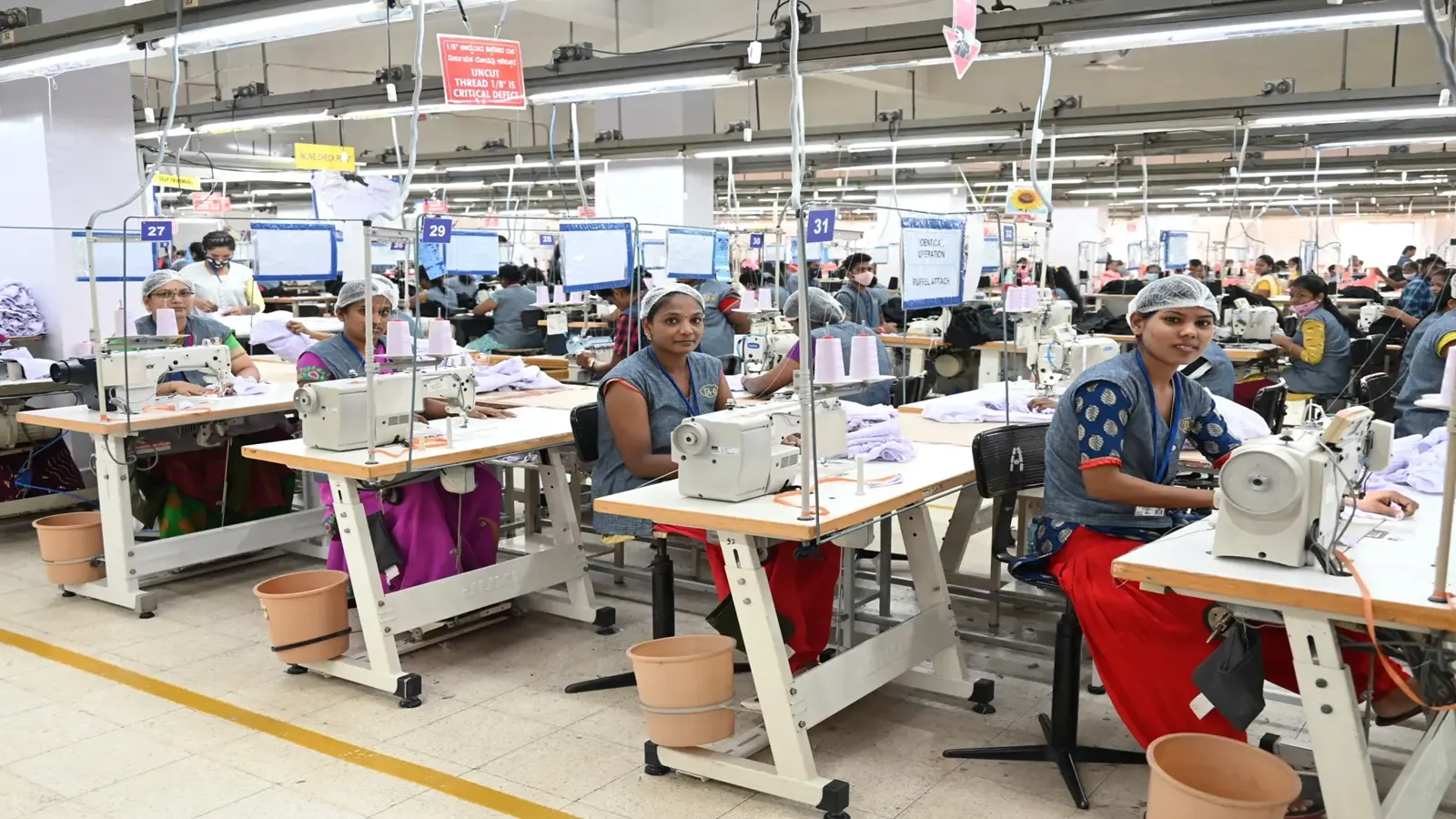
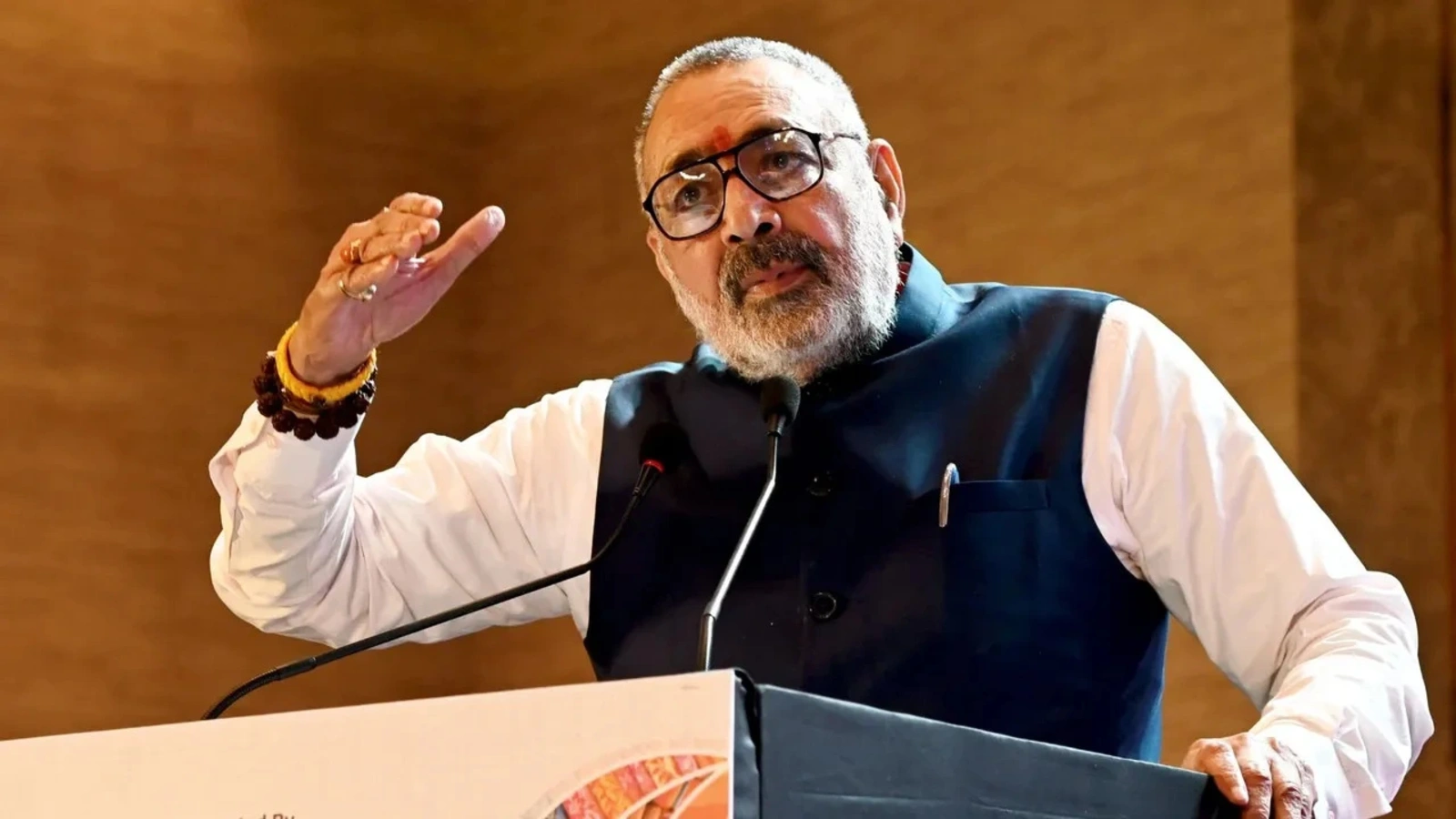
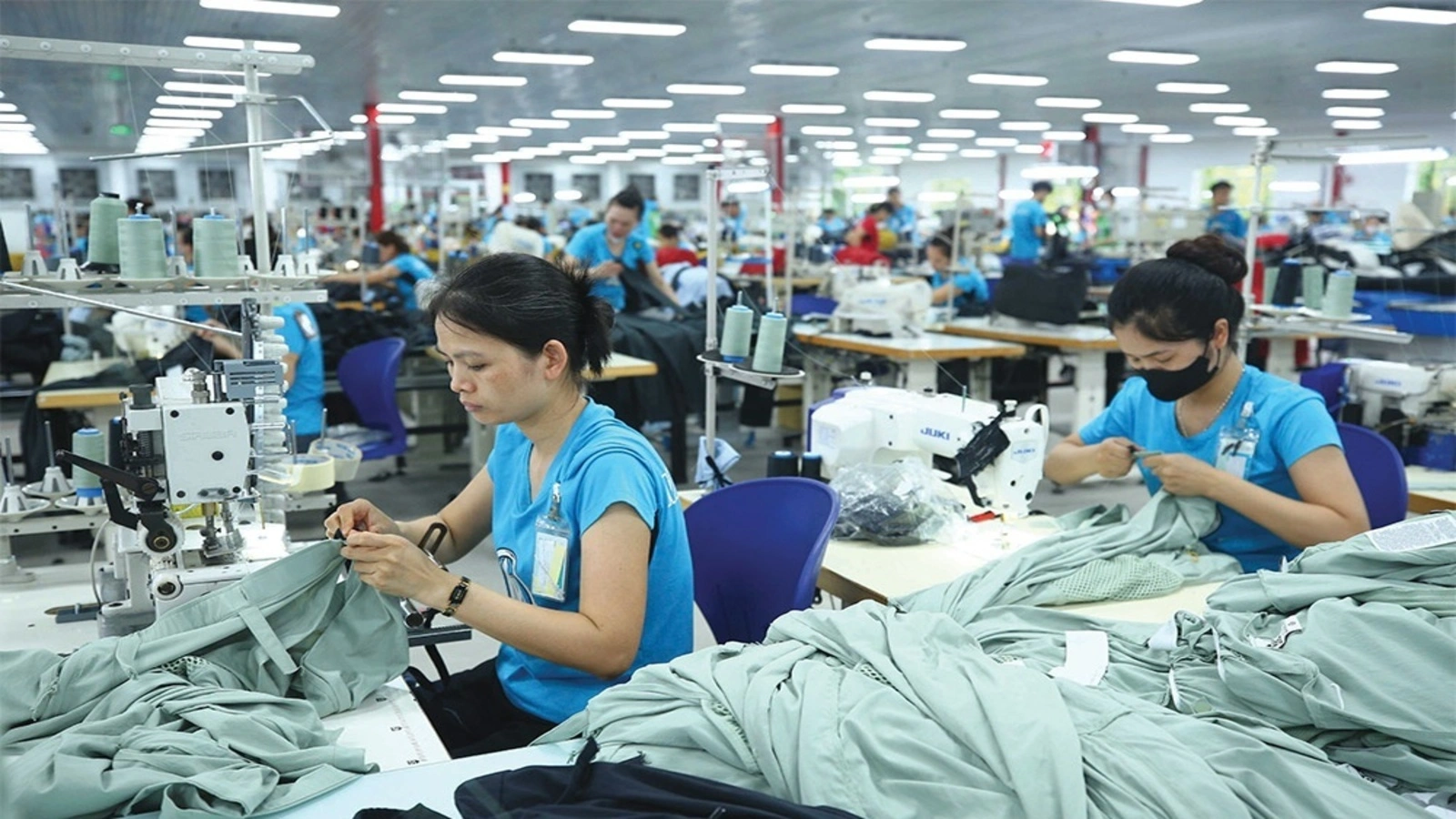
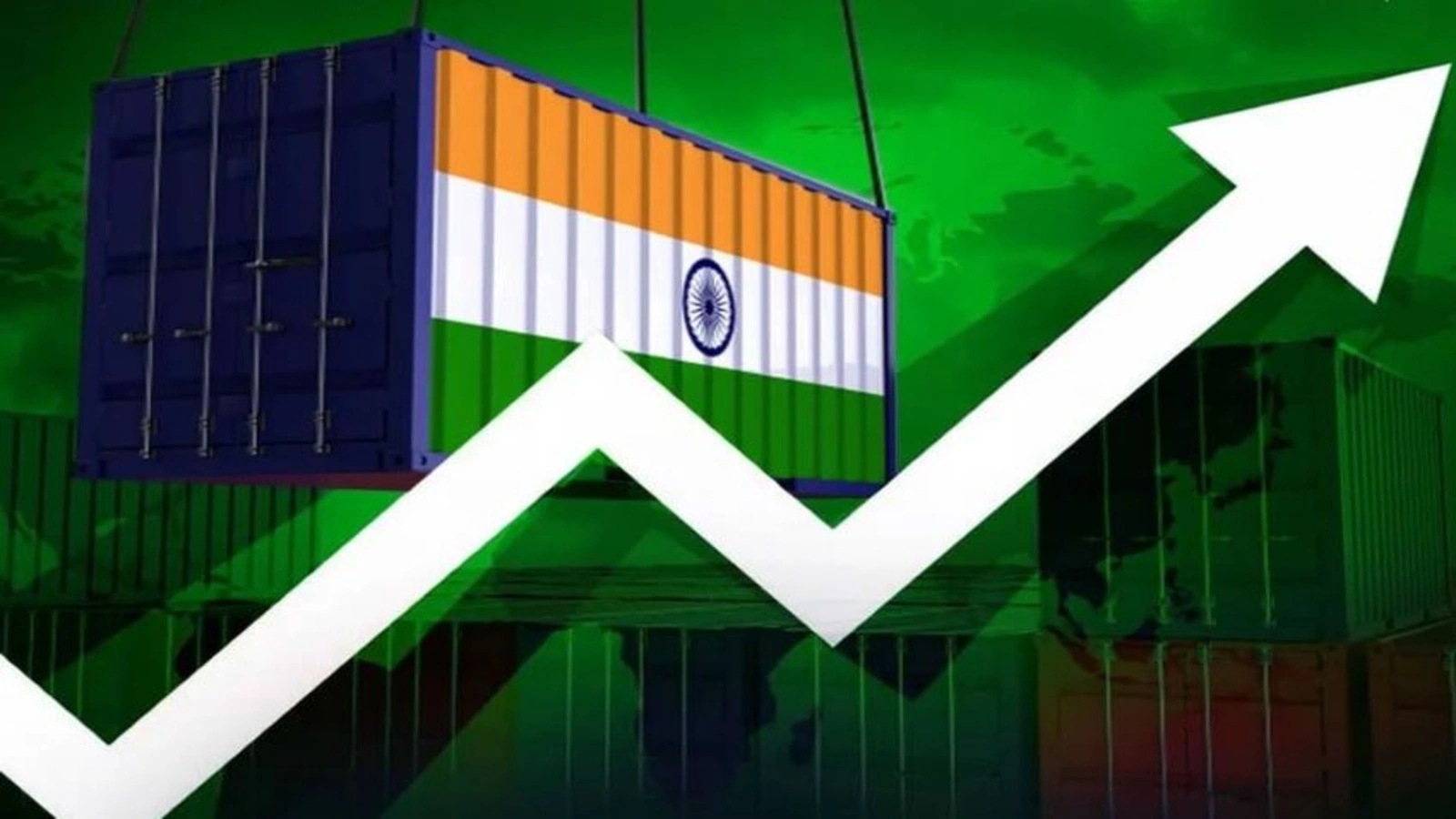


1.webp)




1.webp)



1.webp)
1.webp)
1.webp)

1.webp)
1.webp)

1.webp)

.webp)

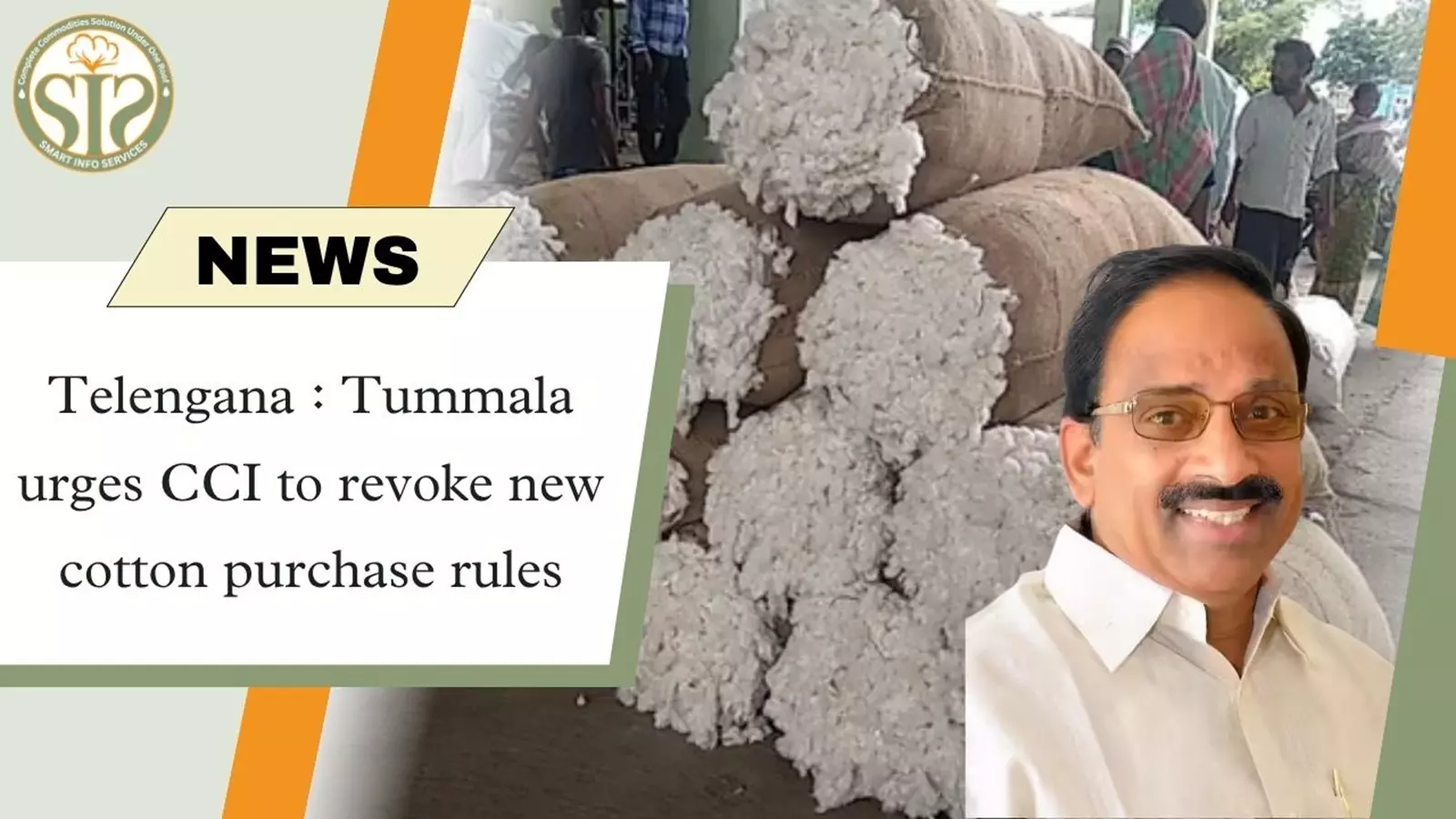

1.webp)
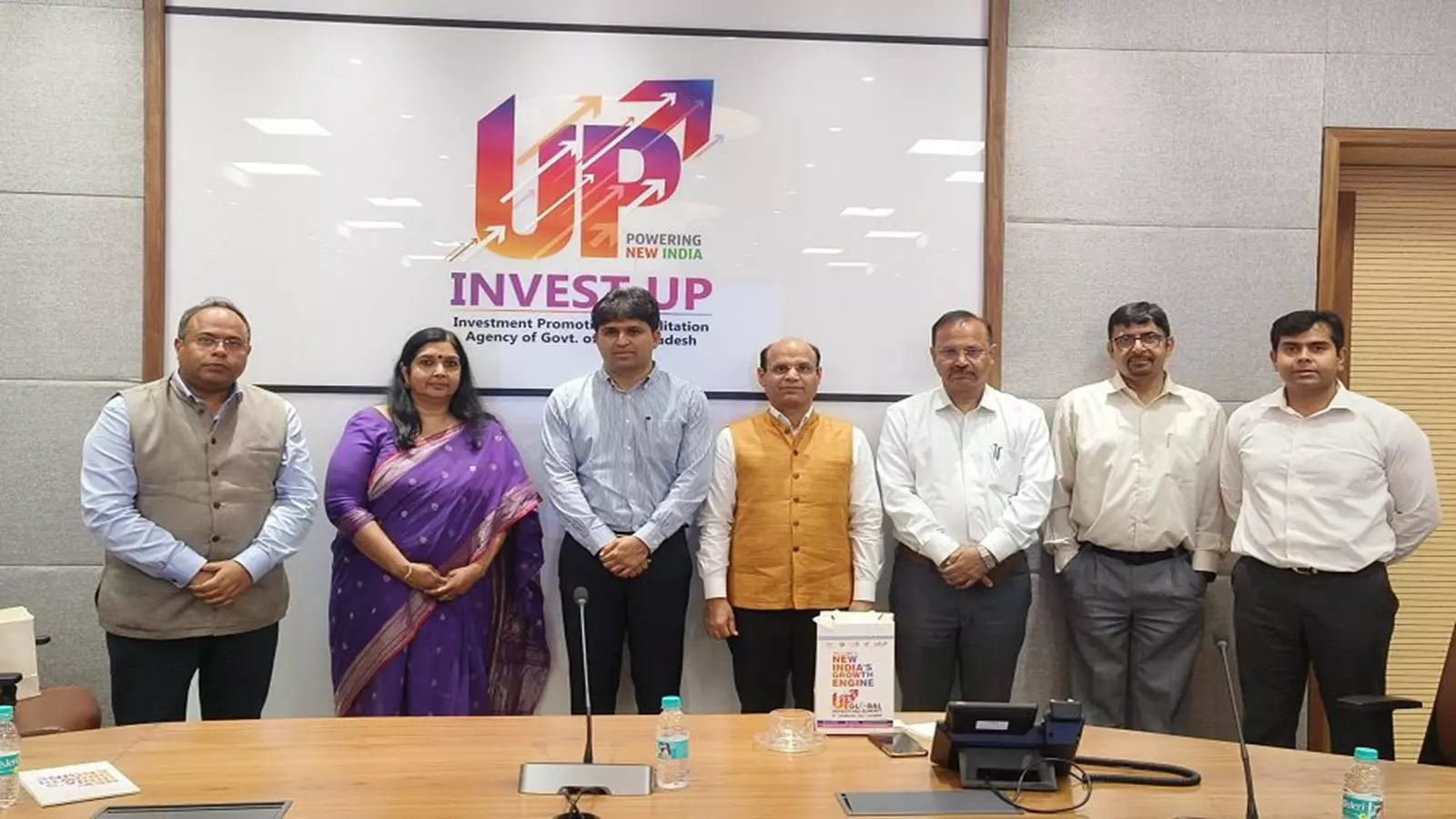

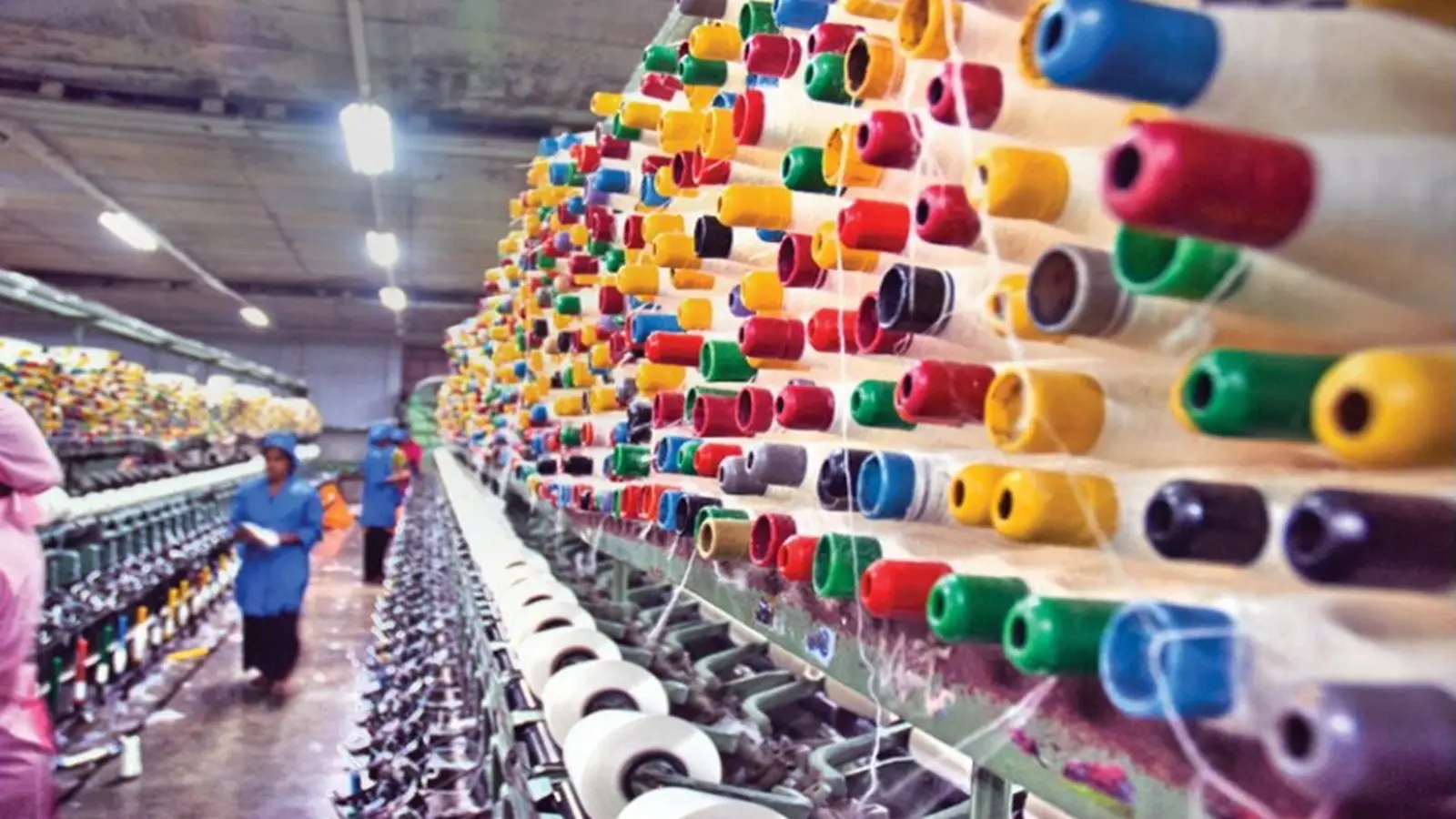
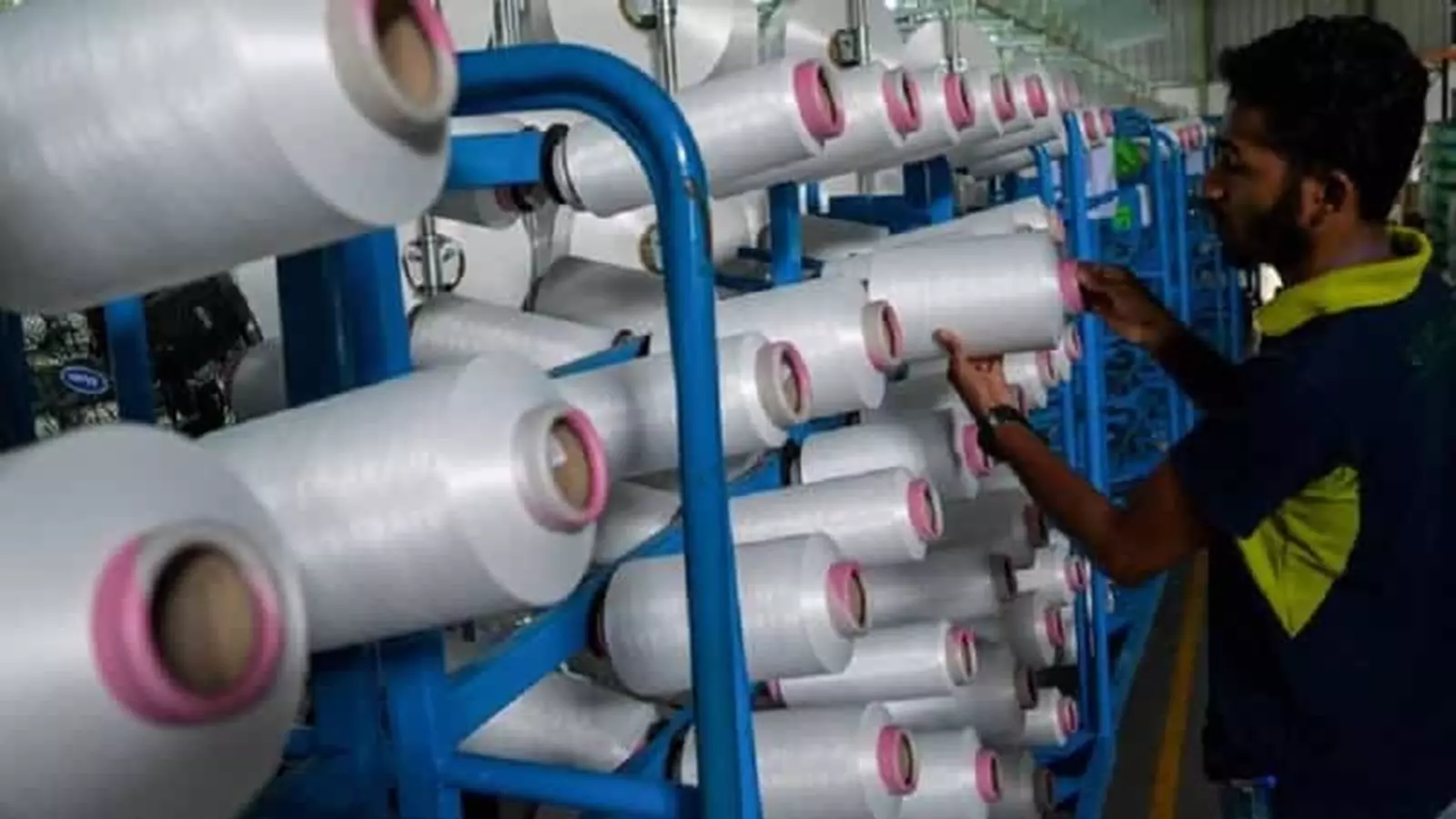

1.webp)








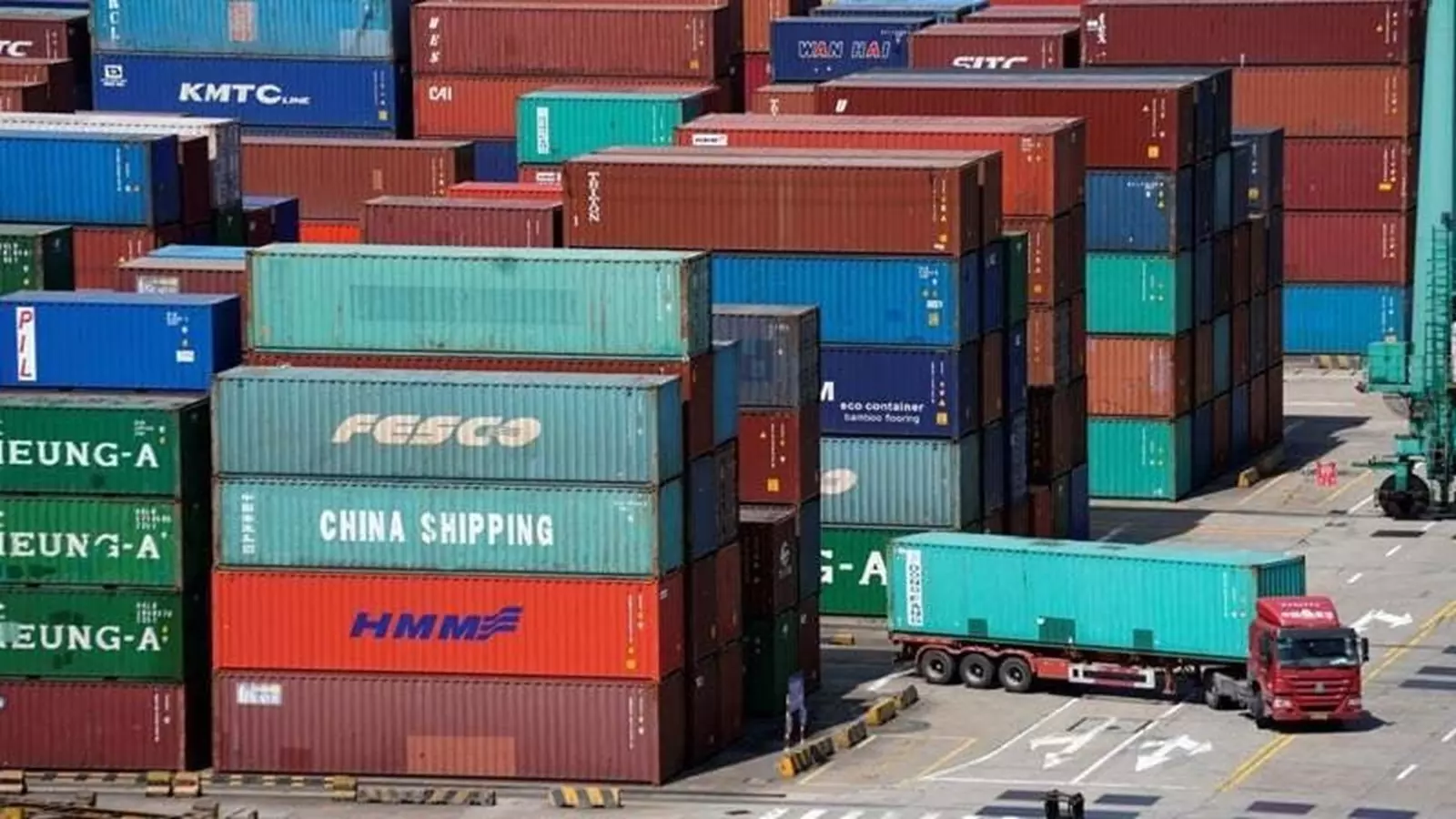
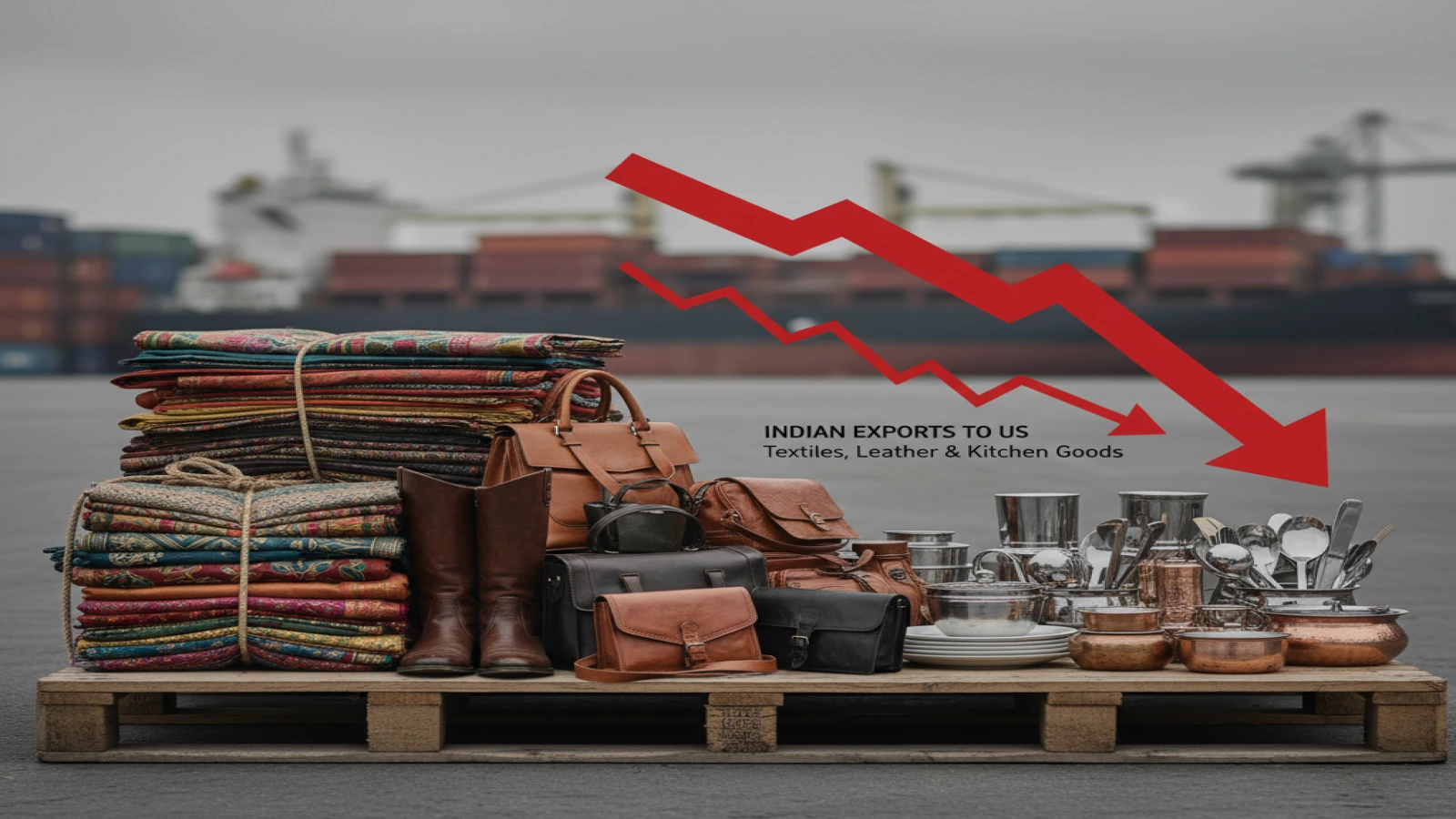
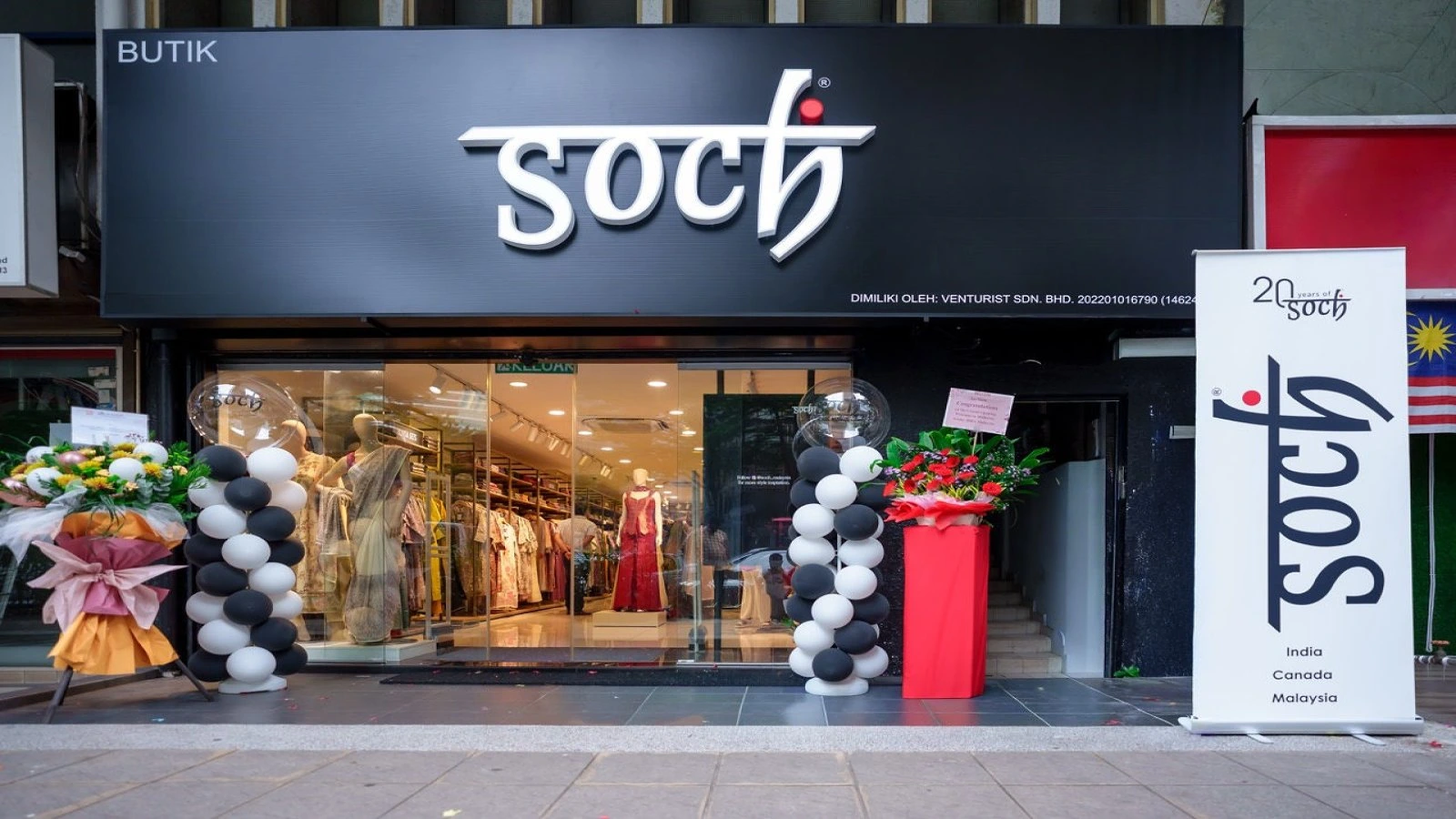
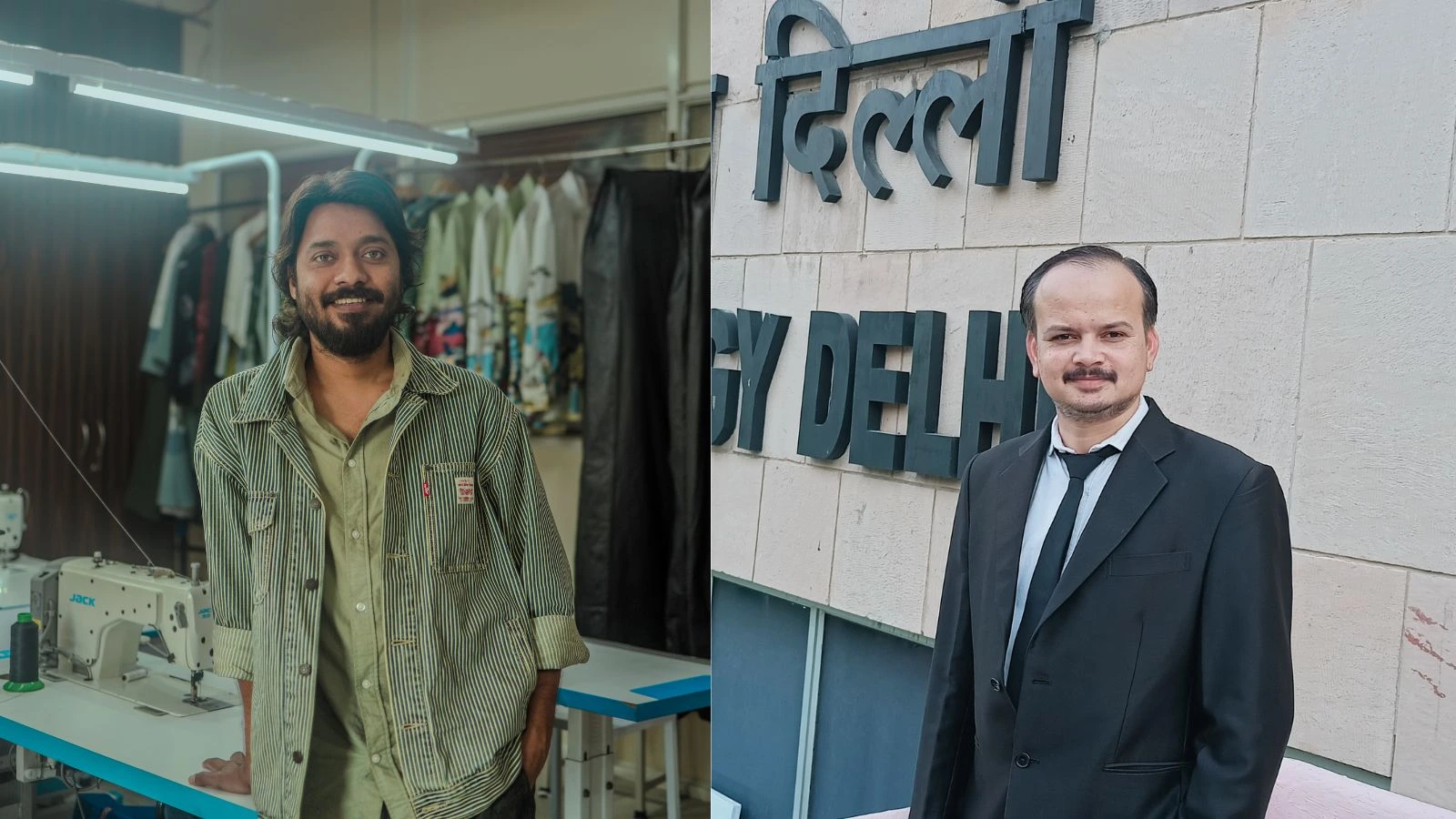

1.webp)
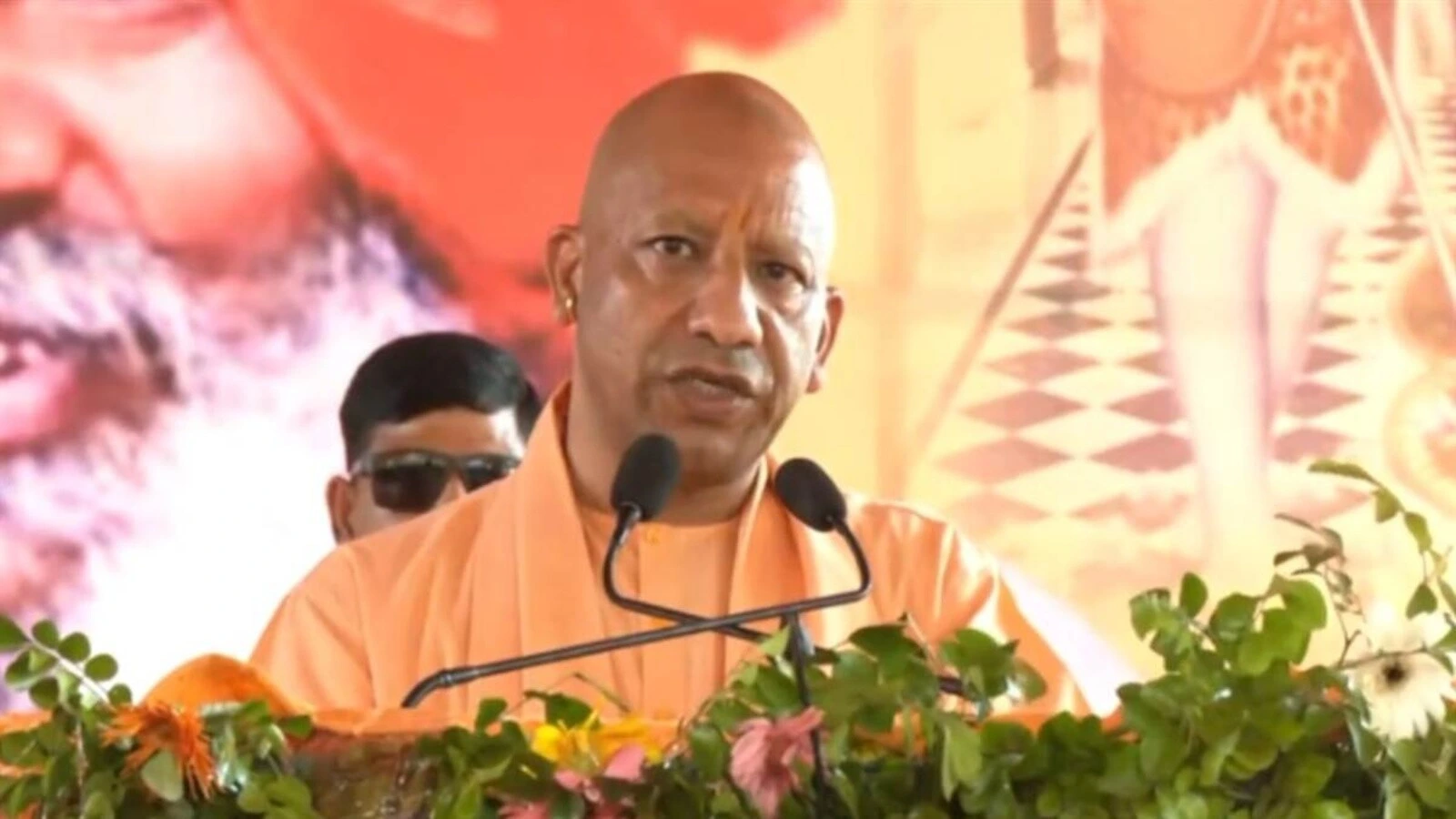
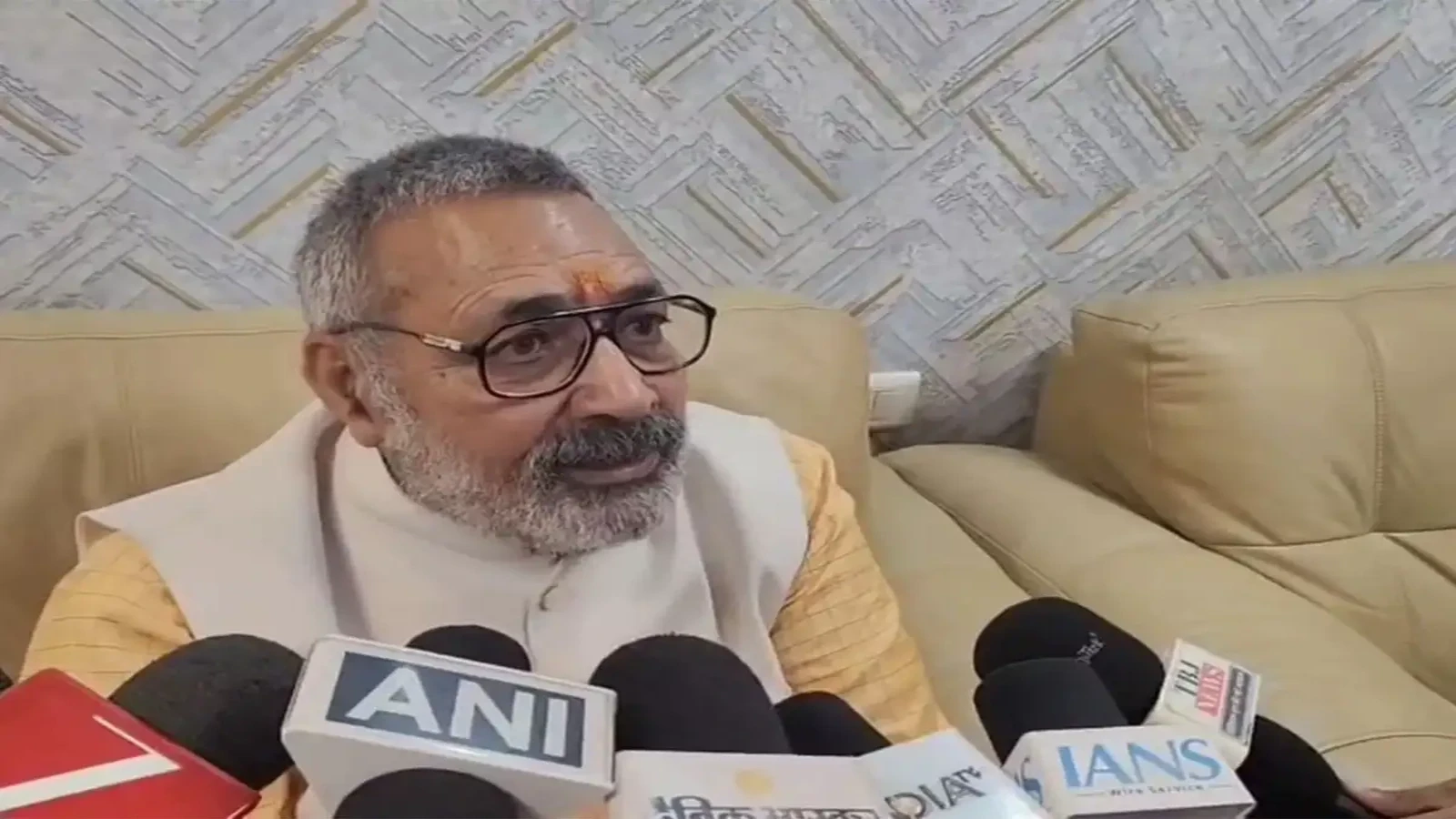

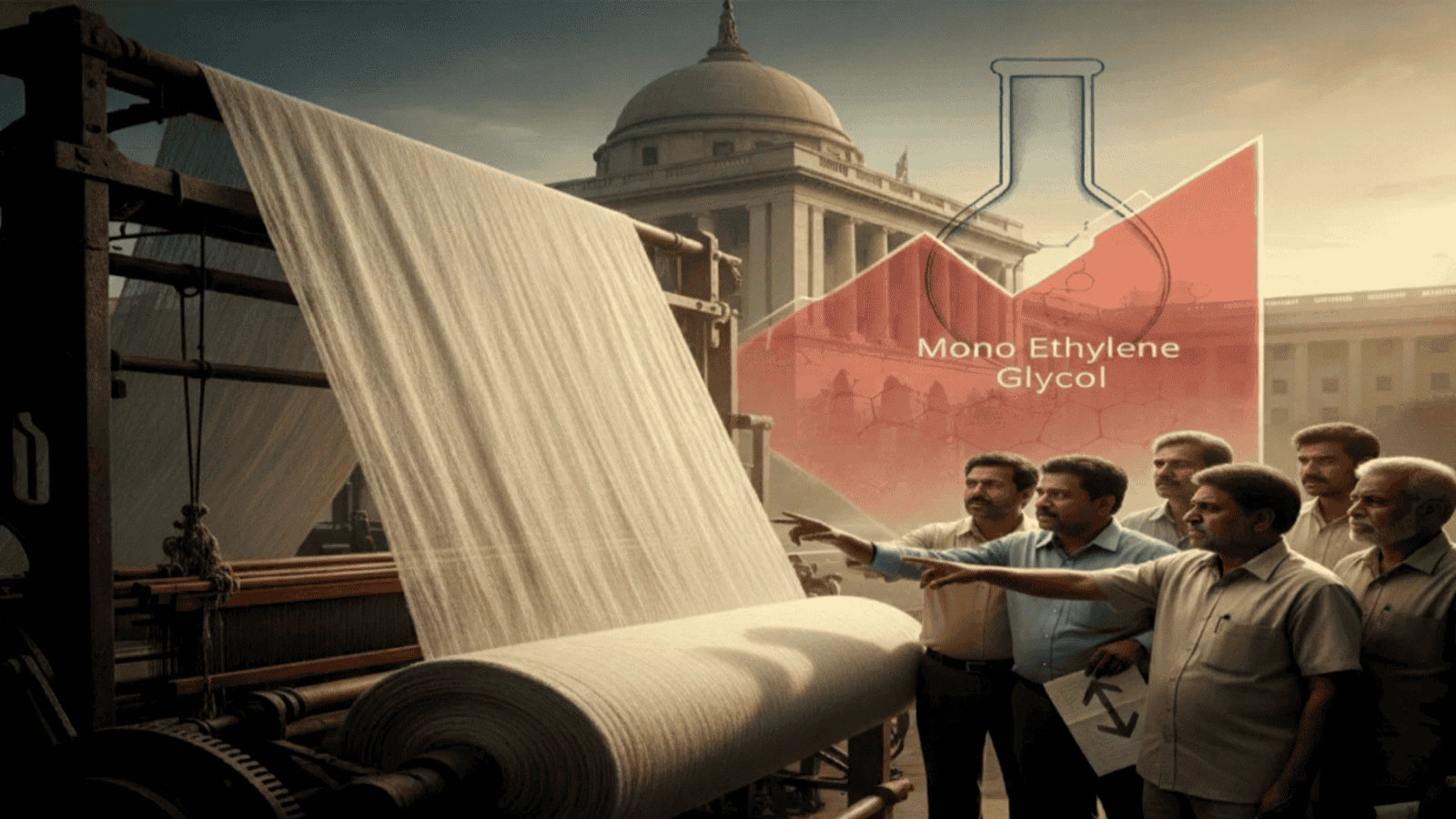

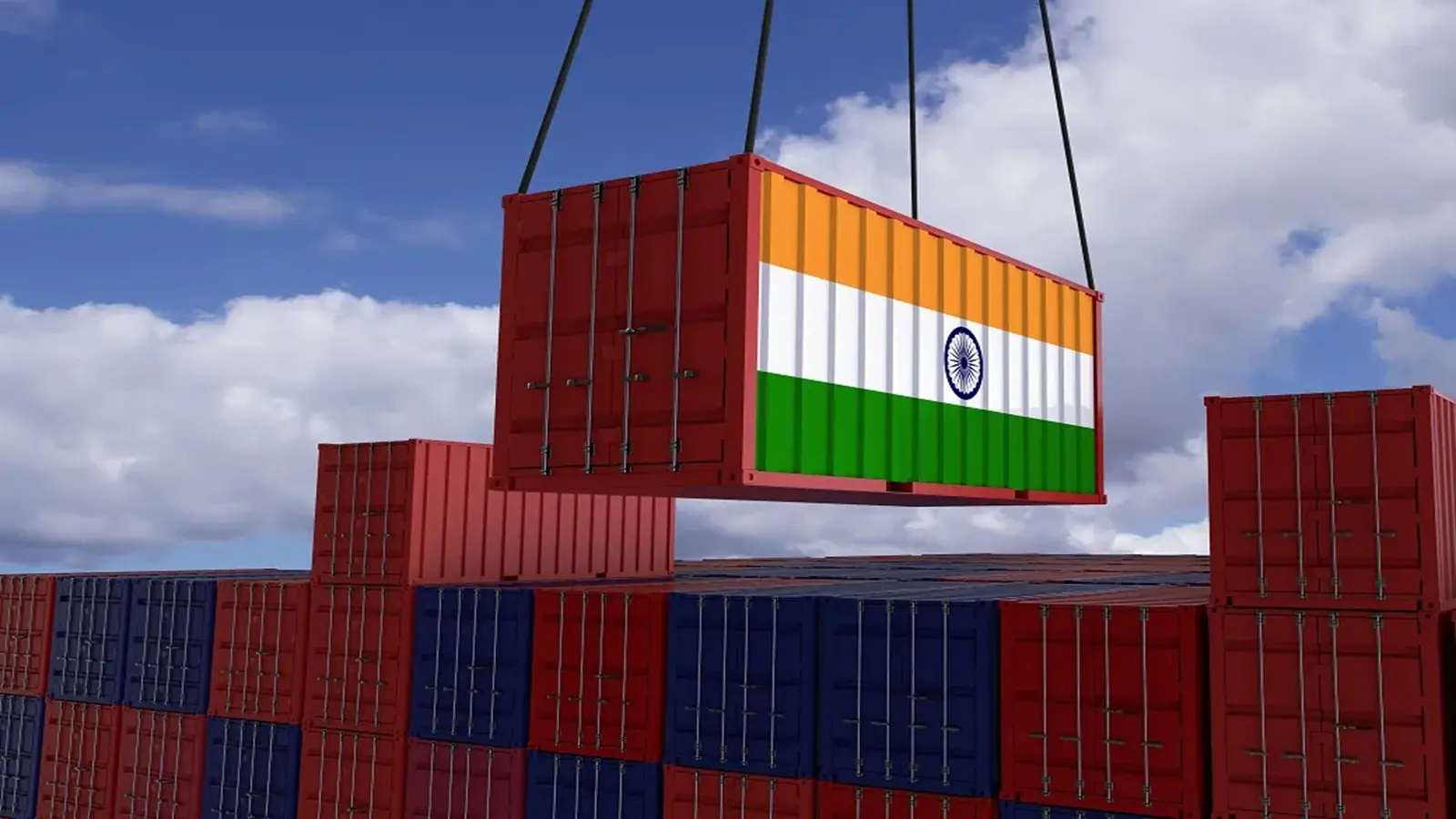

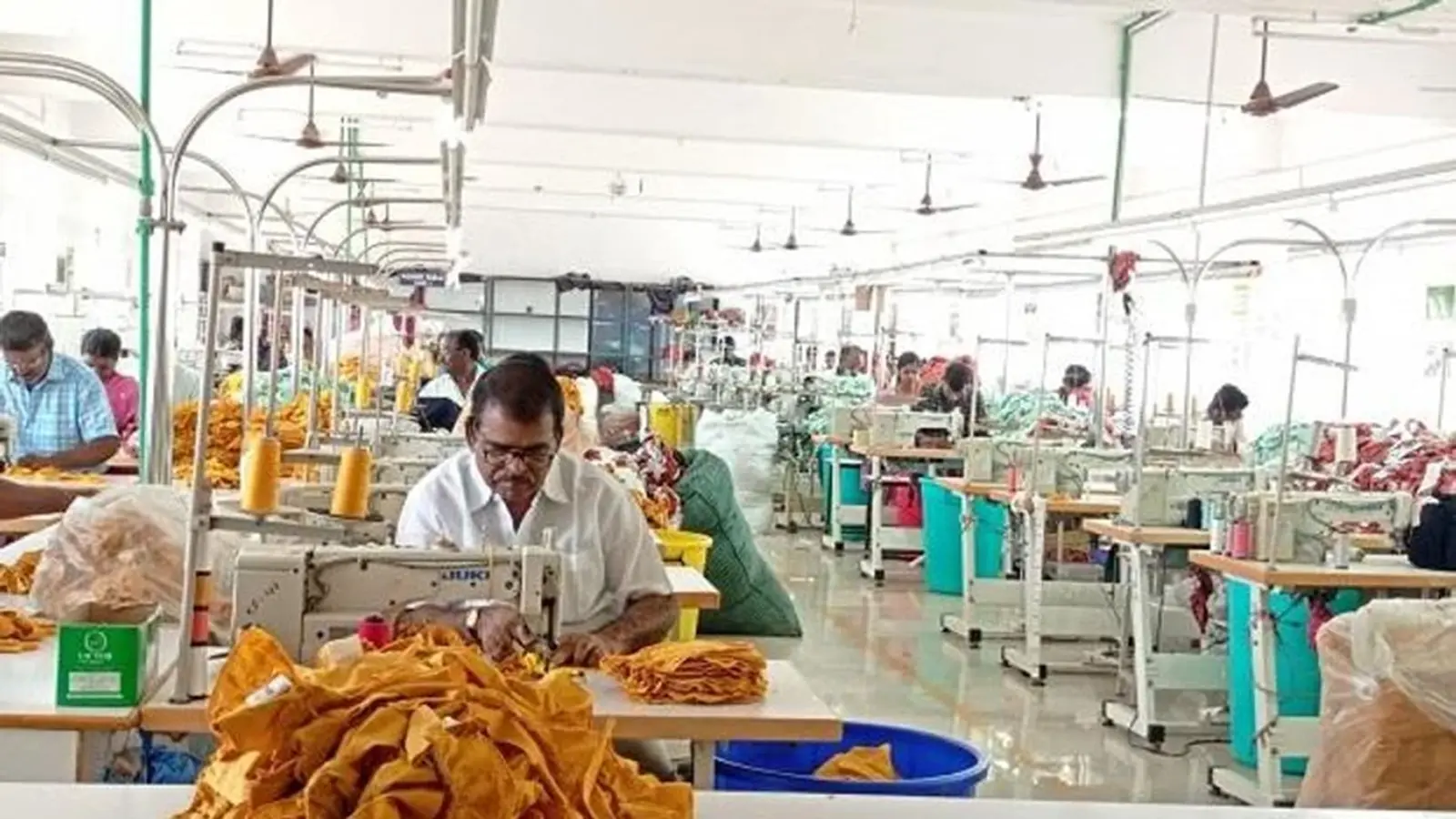
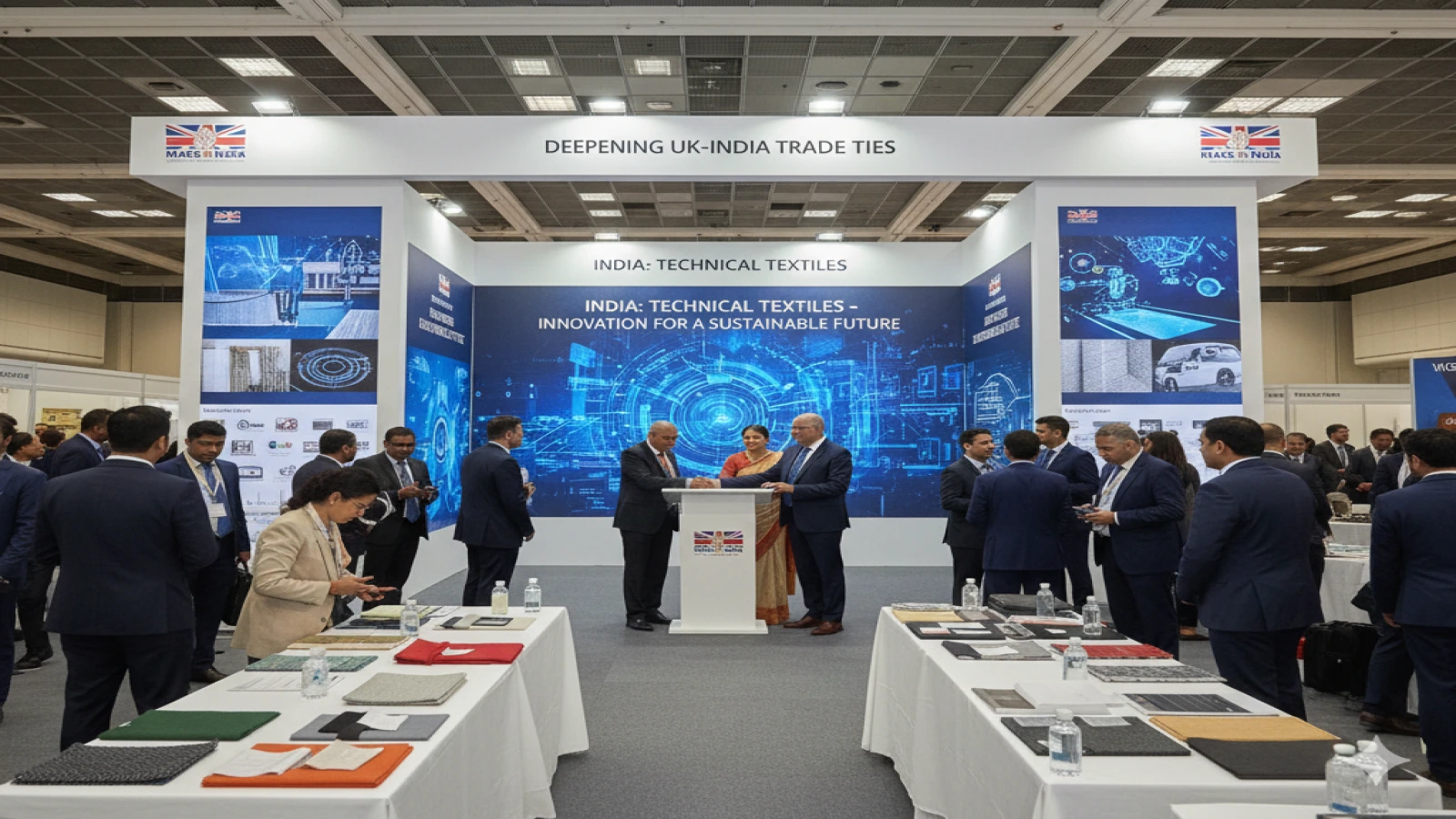


1.webp)

1.webp)



























.webp)






















































.png)





.jpg)















1.jpeg)
